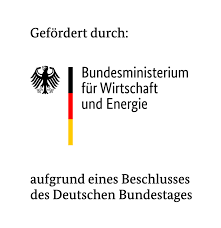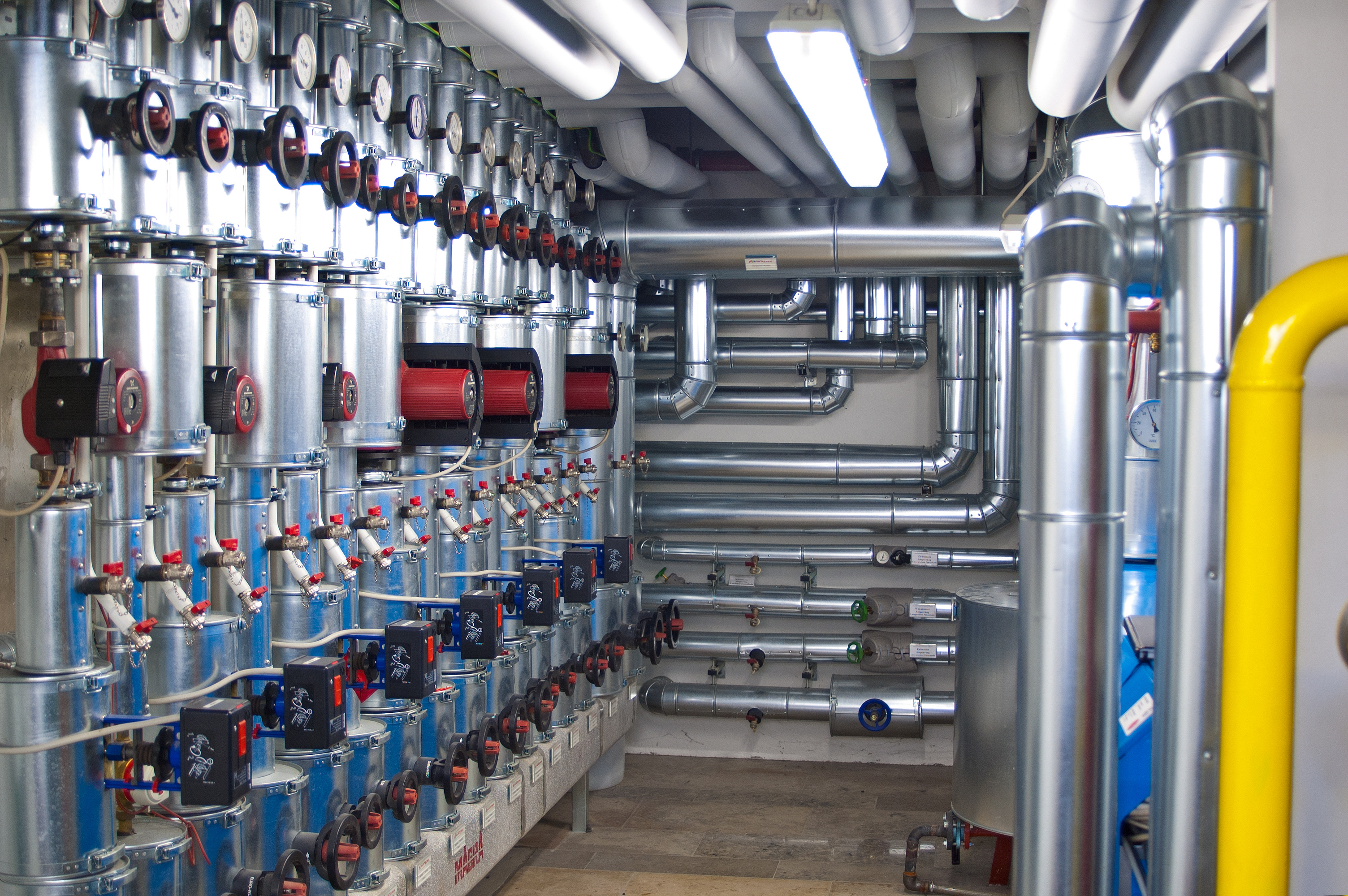ILSE: Intelligent learning systems in energy networks
New methods for detecting faults in heat transfer stations are being developed based on machine learning.
Project background
New methods for predictive maintenance of district heating systems are being developed that go beyond the simple statistical methods used to date. We expect to gain new insights into the overall system behavior when detecting unusual operating conditions. Technologies are being developed for semi-monitored self-adaptation of the learning system, which must constantly adapt to a changing environment during operation of the heating network. In addition, new methods for verification and validation of the data-driven developed system are considered, based on the simultaneous automated learning of the core and test system.
Project objective
The Project objective is the development of technologies for
- the automatic detection of unusual operating conditions in district heating systems with self-learning systems, using the example of heat transfer stations
- verification and validation of intelligent learning systems in energy networks through simultaneous training of application and test systems
- adaptive learning systems that continuously adapt to a changing environment in a semi-monitored manner during the operation of the district heating system
.
Project procedure
The Rosenheim Technical University of Applied Sciences is acting as the network coordinator. The focus of the project is on the development of machine learning methods and the tools required for data processing:
- Requirements analysis
- Preparation of the existing database
- Tool development for online measurement data acquisition
- Development of toolchain for continuous delivery
- Development of prototype as proof of concept
- Development of predictive maintenance
- Development validation/verification
- Development of adaptive learning
- Studies on transferability
Innovation
The brochure "Innovations for the energy transition, 7th energy research program of the Federal Government" published by the Federal Ministry for Economic Affairs and Energy lists the strategic goals of energy research policy:
Promoting the energy transition, with particular priority being given to innovative technologies to increase efficiency and the heating sector.
- Strengthen the industrial location, with the sensible adoption of new trends such as digitalization as a goal.
- Preventing society as a whole, including the international applicability of highly efficient and renewable technologies.
The main objective of the planned research project is the development of technologies for the automatic detection of unusual operating conditions in FWS with self-learning systems. The application focus is on the detection of inefficient or faulty operating states of WÜST as well as operating states in general that require maintenance of the WÜST. These technologies have the potential to significantly increase the security of supply and energy efficiency of EWS.
The result is a reduction in primary energy consumption and the associated greenhouse gas emissions, as well as an improvement in the cost-effectiveness of network operation. These are therefore innovative technologies for increasing efficiency in the heating sector that represent a sensible application of digitalization and can be used worldwide.
Project lead
Project staff
T +49 (0) 8031 / 805 - 2590 anastasia.hort[at]th-rosenheim.de
T +49 (0) 8031 / 805 - 2590 Dominik.Stecher[at]th-rosenheim.de
Project collaboration
Institut für nachhaltige Energieversorgung GmbH
Project duration
2021-04-01 - 2025-06-30Project partners
Project management agency

Project funding



